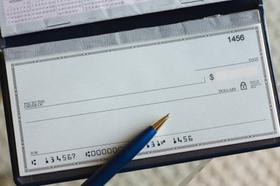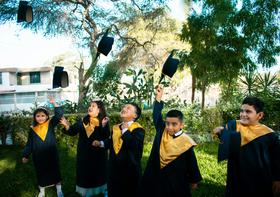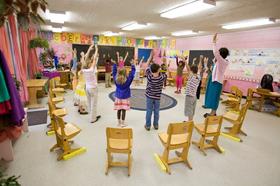How Much Do Private Schools Cost?
The cost of a private school education ranges from virtually nothing at several free schools to well over $125,000 at a couple of exclusive European boarding schools.
- This doesn't include all the extras such as riding or music lessons, school trips, travel to and from the school, local transportation, health insurance, computers, and so on.
- These sundries add up quickly, so don't forget to take them into account.
- Also not included are acceptance deposits, application fees, and admissions testing.
Canva generated this picture of students in their science lab.

Here are some examples of what the various types of private schools charge.
- Remember that this is merely a sampling.
- Explore every school that interests you thoroughly as part of your school search process.
- Set aside financial concerns for the moment.
- Focus on finding the school that is the best fit for both you and your child.
- Paying for private school tuition is obviously a major concern. Most schools will offer financial aid as well as other options.
- Visit school websites in order to determine the current costs. Find that information under the admissions links.
Day Schools
Day schools are non-residential schools.
- Most of them offer classroom instruction from Monday to Friday.
- Intramural sports and activities are fitted in during the week, with many schools devoting an afternoon to non-classroom activities. Occasionally, there will be events planned for Saturdays, particularly varsity


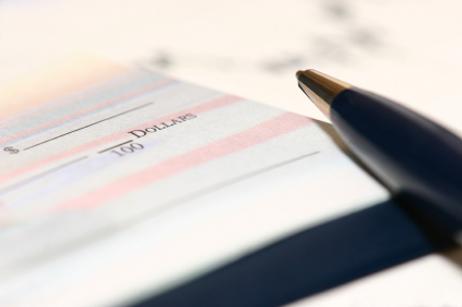

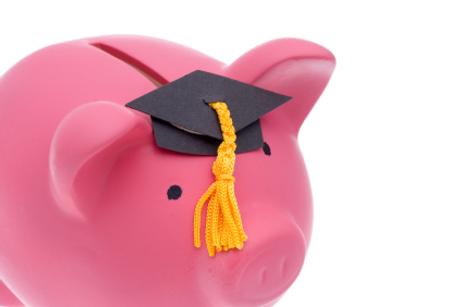









-4c3194pi4wis8gsg004w0g44w-280.jpg)
